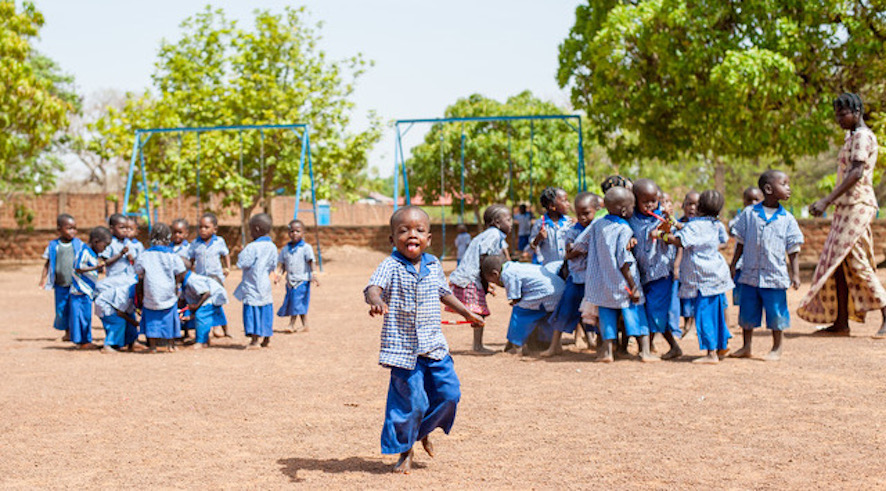Yennenga Progress
What started as a preschool in the village of Nakamtenga, in Burkina Faso, has since 2001 developed into an entire community that continuously grows larger. With a focus on education, health and infrastructure, the model for The Good Village, a welfare society in micro format, has emerged. The realization that self-financed welfare is possible creates enthusiasm, hope and pride.

To succeed in poverty reduction and democratization, we need to ensure the availability of basic human rights: education, health and infrastructure, which in welfare societies such as Sweden are tax-financed. For this to work, a social structure is required which can organize it, and not the least, you need trust in the social structure and in its decision-makers. The Good Village is a model which can achieve this an the Yennenga Progress divide the work into three areas:
- Education: preschool, primary school, higher education, vocational education, research, course activities
- Health: preventive health, medical care, reproductive health, psychology, dental care and democracy and justice
- Infrastructure / entrepreneurship: water and sanitation, energy, climate adaptation, communication, buildings, entrepreneurship
To maximize the benefits and create a long-term vision, all these areas need to be developed in combination with each other (see also the UN’s Global Goals Agenda 2030). Thanks to Yennenga Progress’ local and international networks, a structure for local financing is created by selling services and products.
It all started when the women in the village of Nakamtenga, Burkina Faso, where the vast majority are illiterate, pointed out the need for a preschool in the village. Not because they needed a babysitter, but because they wanted to give their children an honest chance to finish school. Efforts went into training the preschool teachers with a focus on children’s development process, child psychology and the production of materials. By identifying and drawing lessons from educators and experts around the world, they then created methods and materials adapted to their particular context.
Yennenga Progress preschool is now approved, registered and follows the national guidelines. With this as a basis, the preschool educators continue to develop methods, strategies and concrete materials that aim to give children, who live under similar conditions, the greatest possible preparation for primary school. The Yennenga Progress further develop the preschool both for the sake of the children in their village and so that more people will be able to take part in their method. The support from Queen Silvia’s Foundation gives the children dreams and visions and – the opportunity to have a childhood!
